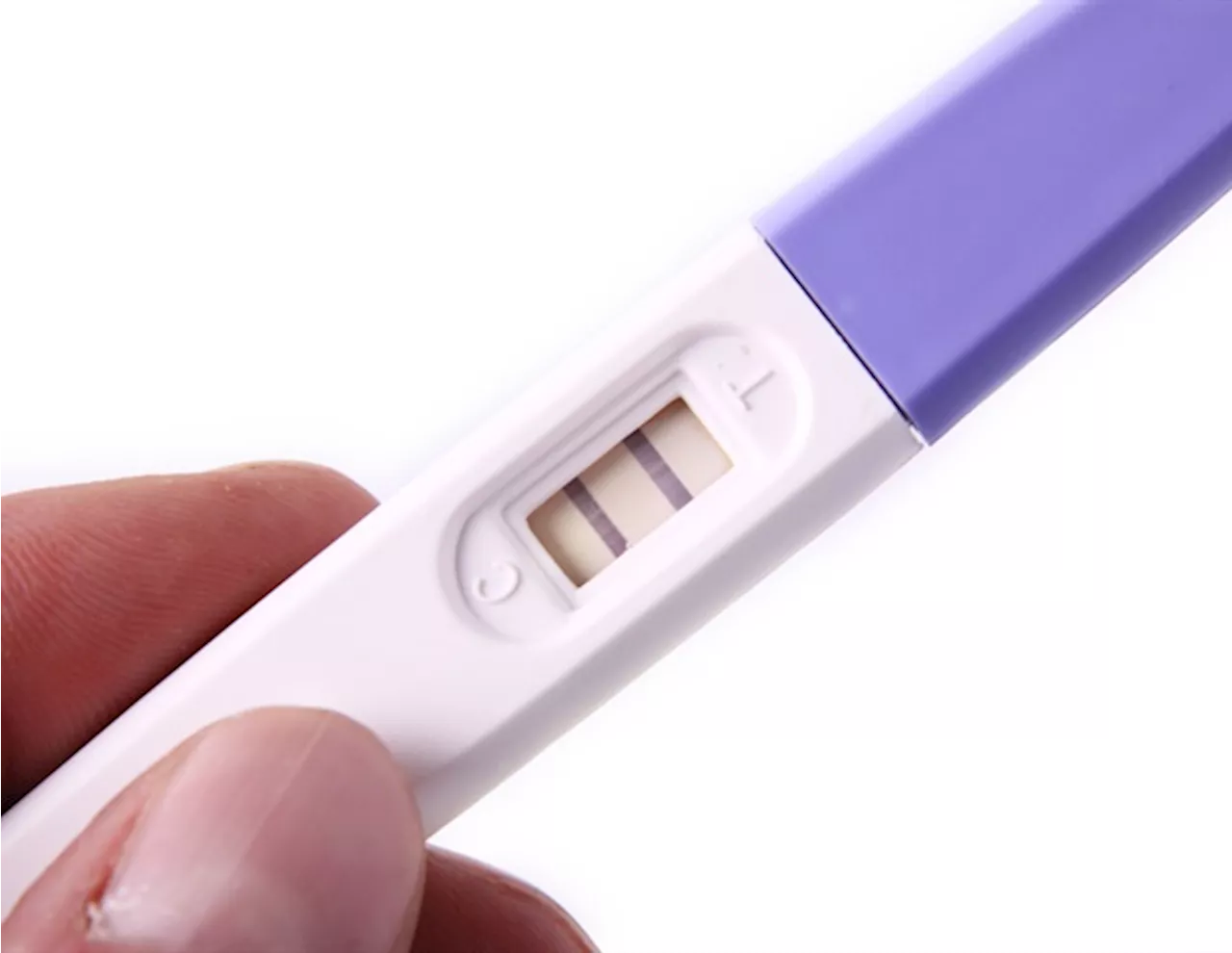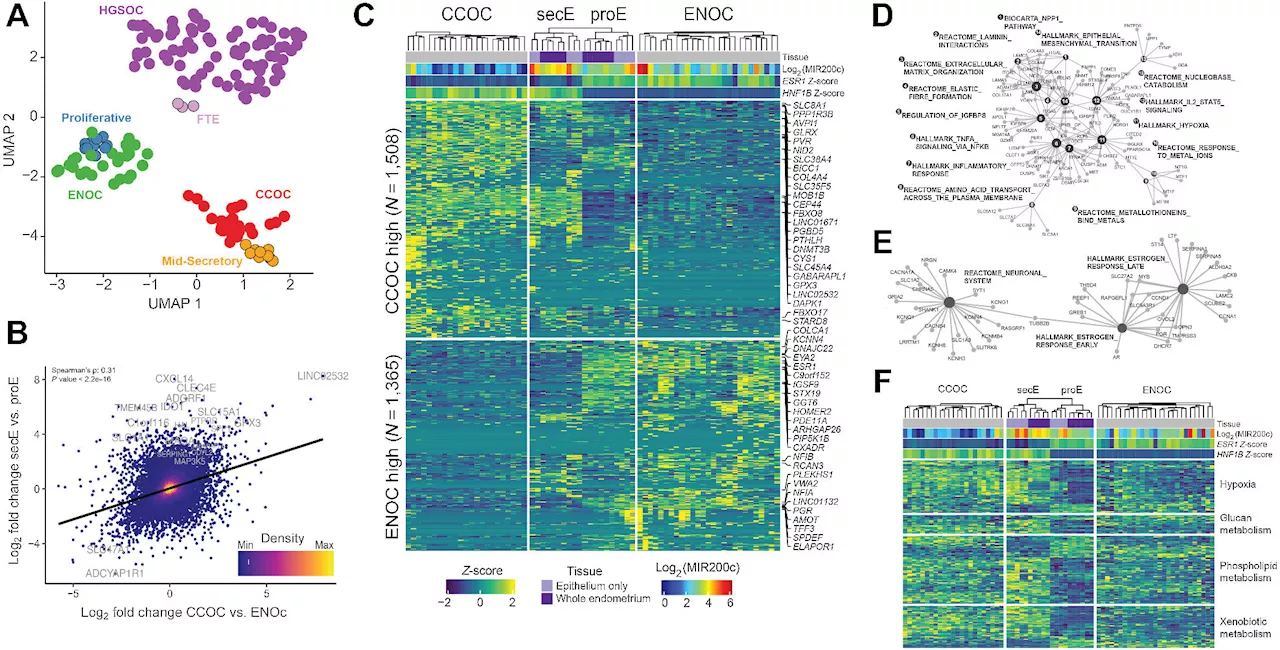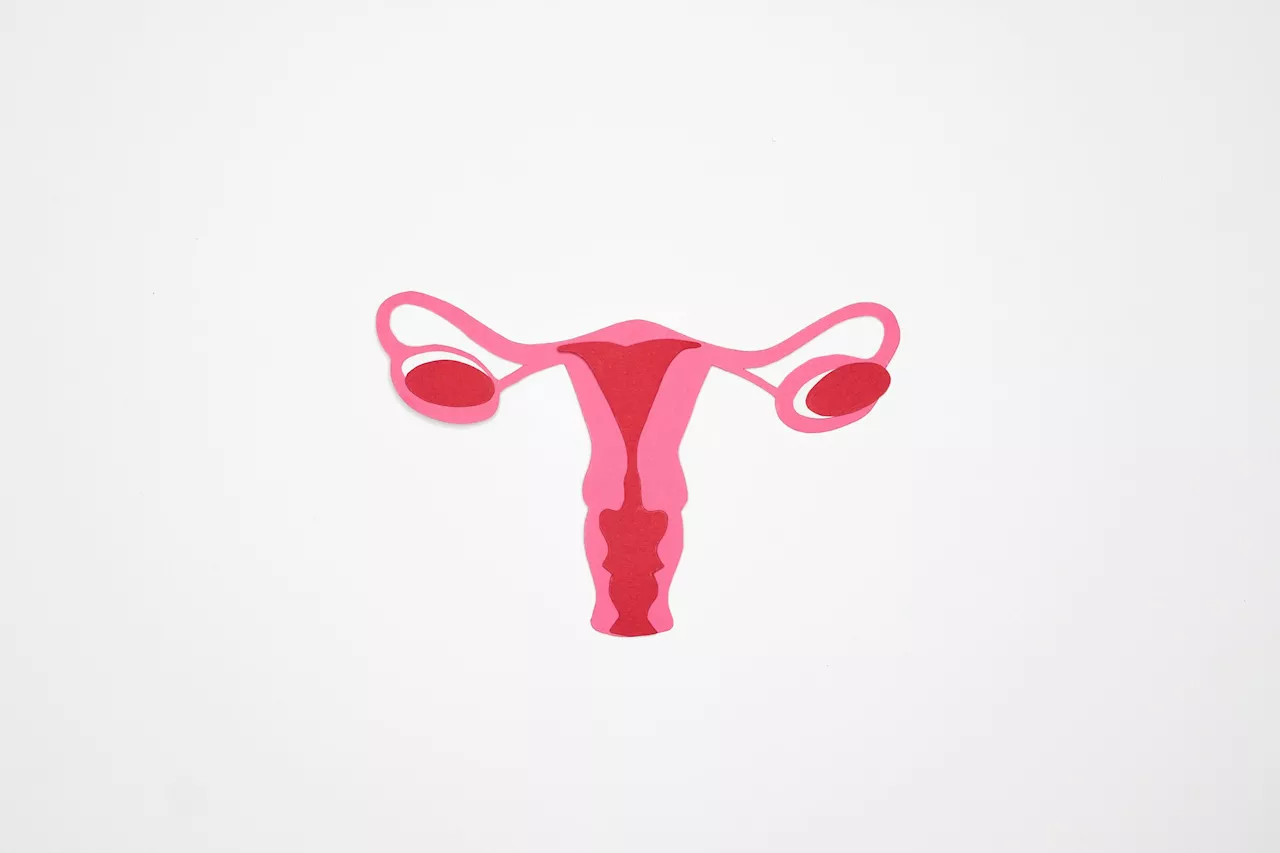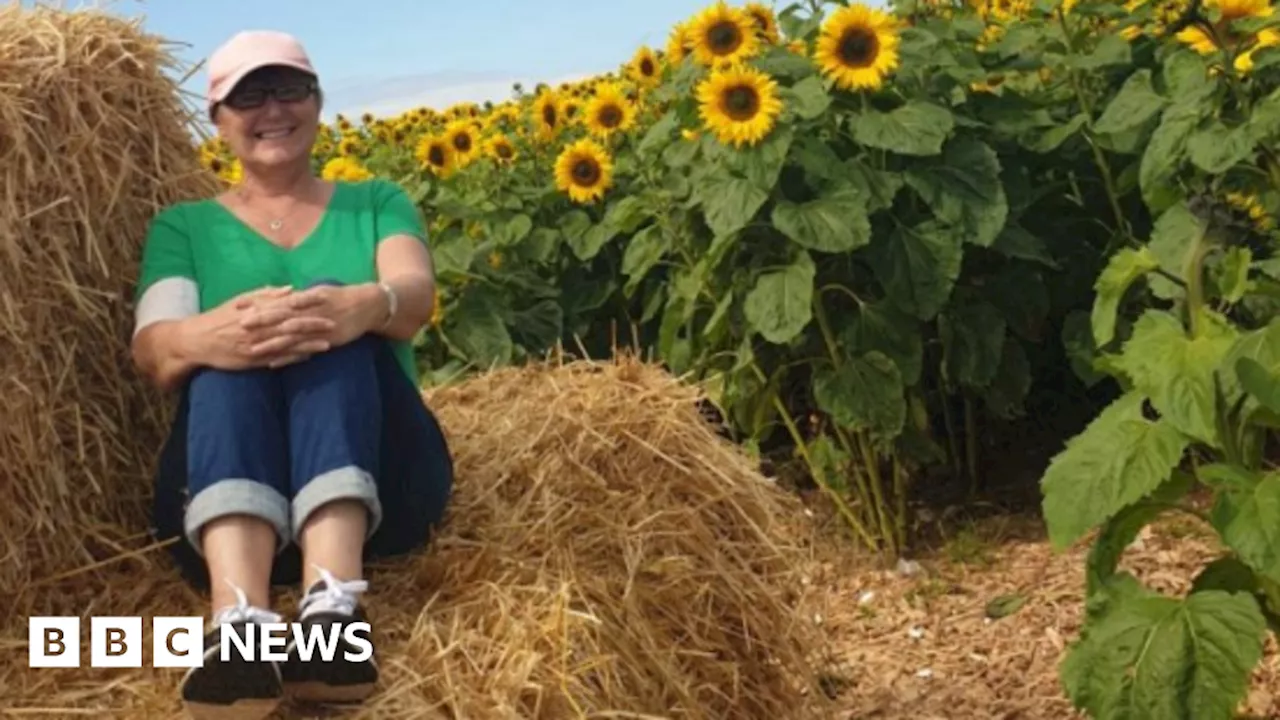Christine Campbell has lived longer than doctors predicted - and she's determined to keep going.
A terminally ill woman who has lived longer than doctors predicted has said she has been given a lifeline thanks to a new treatment.
In 2021, the 58-year-old was experiencing the symptoms of ovarian cancer: bloating, tiredness, loss of appetite. "It took me a long time to change my mindset and go: 'This is my new normal, this is how my life is going to be going forward.' And I could choose what I wanted to do with that," she said. "People don't have to be in a position of power to make changes, but if I can influence that change in some way, that's what I will continue to do.""There is a joy in getting up every day and being able to do something, but also when you go to bed at night, you think is that a day closer to me running out of time," she said.When Christine was given her terminal diagnosis, she asked how long she could expect.
United Kingdom Latest News, United Kingdom Headlines
Similar News:You can also read news stories similar to this one that we have collected from other news sources.
 Combined exercise and diet interventions show potential in improving ovarian cancer patients' outcomesA recent study in the British Journal of Cancer evaluated the impact of combined exercise and dietary intervention on fatigue, body composition, and physical function in ovarian cancer patients. The PADOVA trial found that the intervention's effectiveness significantly depends on patient adherence.
Combined exercise and diet interventions show potential in improving ovarian cancer patients' outcomesA recent study in the British Journal of Cancer evaluated the impact of combined exercise and dietary intervention on fatigue, body composition, and physical function in ovarian cancer patients. The PADOVA trial found that the intervention's effectiveness significantly depends on patient adherence.
Read more »
 Vitrification technique leads to successful birth after ovarian tissue cryopreservationA woman's egg reserve is finite. Gonad-damaging therapies, such as certain chemotherapies, can therefore lead to infertility. One of the options for preserving fertility is the cryopreservation of ovarian tissue.
Vitrification technique leads to successful birth after ovarian tissue cryopreservationA woman's egg reserve is finite. Gonad-damaging therapies, such as certain chemotherapies, can therefore lead to infertility. One of the options for preserving fertility is the cryopreservation of ovarian tissue.
Read more »
 Genital talc use positively linked to ovarian cancerThere is a positive association between use of intimate care products, including genital talc, and ovarian cancer, according to a study published online May 15 in the Journal of Clinical Oncology.
Genital talc use positively linked to ovarian cancerThere is a positive association between use of intimate care products, including genital talc, and ovarian cancer, according to a study published online May 15 in the Journal of Clinical Oncology.
Read more »
 For some endometriosis-related ovarian cancers, timing is everythingTwo types of endometriosis-related ovarian cancer arise from the same cells but likely at different stages of the menstrual cycle—a nuance that significantly influences treatment response, reports a recent study led by Van Andel Institute and University of British Columbia scientists.
For some endometriosis-related ovarian cancers, timing is everythingTwo types of endometriosis-related ovarian cancer arise from the same cells but likely at different stages of the menstrual cycle—a nuance that significantly influences treatment response, reports a recent study led by Van Andel Institute and University of British Columbia scientists.
Read more »
 Conjugated equine estrogen may increase risk for ovarian cancerConjugated equine estrogen (CEE) taken alone for menopause may increase the risk for developing and dying from ovarian cancer, according to a study presented at the annual meeting of the American Society of Clinical Oncology, held from May 31 to June 4 in Chicago.
Conjugated equine estrogen may increase risk for ovarian cancerConjugated equine estrogen (CEE) taken alone for menopause may increase the risk for developing and dying from ovarian cancer, according to a study presented at the annual meeting of the American Society of Clinical Oncology, held from May 31 to June 4 in Chicago.
Read more »
 Scientists developing at-home swab tests for endometrial, ovarian cancerEarly detection improves treatment outcomes for endometrial and ovarian cancers, yet far too often women are diagnosed in advanced stages of these diseases. Unlike many other cancers, there are no standard screenings for early detection of endometrial and ovarian cancers.
Scientists developing at-home swab tests for endometrial, ovarian cancerEarly detection improves treatment outcomes for endometrial and ovarian cancers, yet far too often women are diagnosed in advanced stages of these diseases. Unlike many other cancers, there are no standard screenings for early detection of endometrial and ovarian cancers.
Read more »
